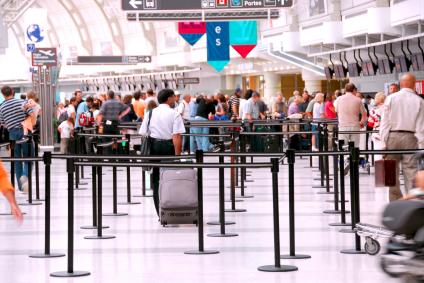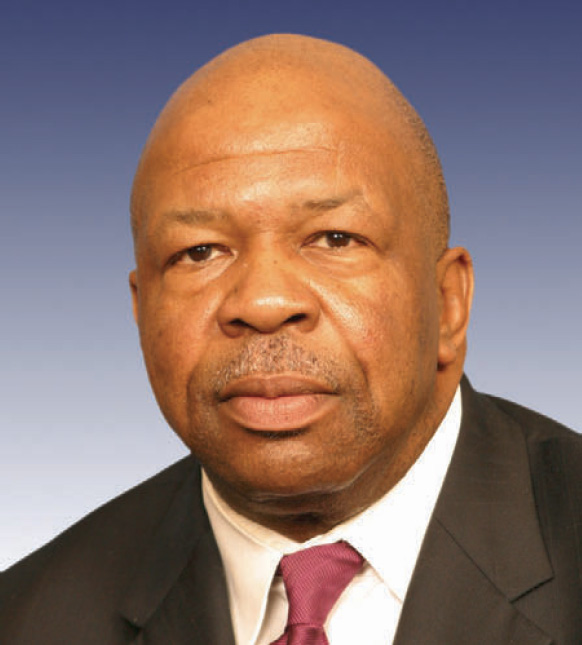
CBP Expands Facial Recognition Technology to Fifth Border Crossing
Customs and Border Protection expanded its facial recognition technology to a fifth location as the agency prepares to deploy the system in other areas this spring.

Customs and Border Protection expanded its facial recognition technology to a fifth location as the agency prepares to deploy the system in other areas this spring.

Facing a firestorm of criticism, Homeland Security is abandoning plans to require all travelers, including Americans, to be photographed if they are leaving or entering the country.

Federal authorities are mulling a plan to expand the U.S. government’s facial recognition system by requiring all travelers, including Americans, to be photographed as they are departing or entering the country.

The FBI and Immigration and Customs Enforcement have been given access to driver’s license photos to conduct facial-recognition scans without motorists’ consent.

Federal agencies defend the use of facial-recognition technology as a new tool to track down criminals, but a recent cyberattack of a Customs and Border Patrol subcontractor raises serious issues about infringing on privacy.

Some Democrats and Republicans in Congress are calling for a temporary ban on the federal government’s use of facial recognition technology after the FBI revealed it had accumulated more than 640 million photographs.

Democrats and Republicans in Congress slammed the FBI’s use of facial recognition software, saying it relies on racial biases, leads to the arrests of innocent people and violates privacy.

Lynn Cozart eluded authorities for 19 years after he was convicted of sexually assaulting three children.